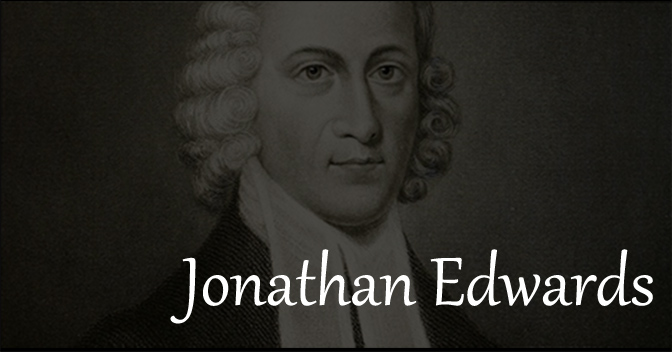That the glory of God is the highest and last end of the work of redemption is confirmed by the song of the angels at Christ’s birth. Luke 2:14, “Glory to God in the highest, and on earth, peace and good will towards men.” It must be supposed that they knew what was God’s last end in sending Christ into the world: and that in their rejoicing on the occasion of his incarnation, their minds would be most taken up with, and would most rejoice in that which was most valuable and glorious in it; which must consist in its relation to that which was its chief and ultimate end. And we may further suppose that the thing which chiefly engaged their minds, as what was most glorious and joyful in the affair, is what would be first expressed in that song which was to express the sentiments of their minds, and exultation of their hearts.
The glory of the Father and the Son is spoken of as the end of the work of redemption, in Philippians 2:6–11, very much in the same manner as in John 12:23, John 12:28, John 13:31–32, and John 17:1, John 12:4–5. “Who being in the form of God… made himself of no reputation, and took upon him the form of a servant, and was made in the likeness of men: and being found in fashion as a man, he humbled himself, and became obedient unto death, even the death of the cross: wherefore God also hath highly exalted him, and given him a name, etc… that at the name of Jesus every knee should bow… and every tongue confess, that Jesus is the Lord, to the glory of God the Father.” So God’s glory, or the praise of his glory, is spoken of as the end of the work of redemption, in Ephesians 1:3 ff., “Blessed be the God and Father of our Lord Jesus Christ, who hath blessed us with all spiritual blessings in heavenly places in Christ: according as he hath chosen us in him… Having predestinated us to the adoption of children… to the praise of the glory of his grace.” And in the continuance of the same discourse concerning the redemption of Christ, in what follows in the same chapter, God’s glory is once and again mentioned as the great end of all. Several things belonging to that great redemption are mentioned in the following verses: such as God’s great wisdom in it (Ephesians 1:8). The clearness of light granted through Christ (Ephesians 1:9). God’s gathering together in one all things in heaven and earth in Christ (Ephesians 1:10). God’s giving the Christians that were first converted to the Christian faith from among the Jews, an interest in this great redemption (Ephesians 1:11). Then the great end is added, “That we should be to the praise of his glory, who first trusted in Christ” (Ephesians 1:12). And then is mentioned the bestowing of the same great salvation on the Gentiles, in its beginning or first fruits in the world, and in the completing it in another world, in the two next verses. And then the same great end is added again, “In whom ye also trusted, after that ye heard the word of truth, the gospel of your salvation: in whom also, after that ye believed, ye were sealed with the Holy Spirit of promise, which is the earnest of our inheritance, until the redemption of the purchased possession, unto the praise of his glory” (Ephesians 1:13–14). The same thing is expressed much in the same manner, in 2 Corinthians 4:14–15, “He which raised up the Lord Jesus, shall raise up us also by Jesus, and shall present us with you. For all things are for your sakes, that the abundance of grace might through the thanksgiving of many, redound to the glory of God.”
—Jonathan Edwards
“Concerning the End for which God Created the World,” The Works of Jonathan Edwards, 486–488.

Comments are closed